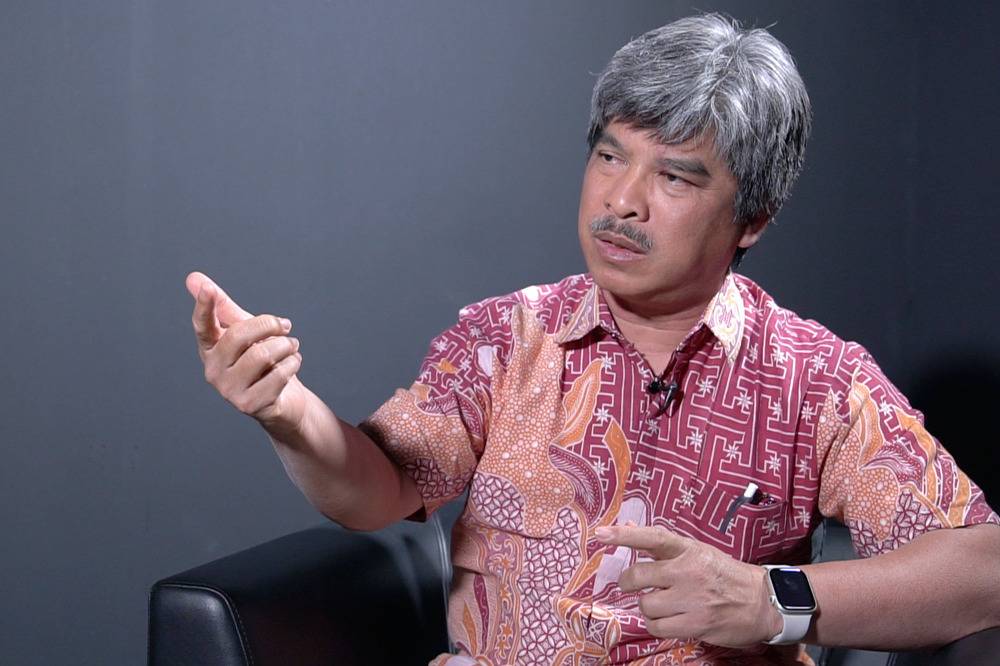Sarawak’s mineral wealth: M'sia lacks middle stages value chain in mineral processing – Economist
Politicians must avoid the temptation of short-term gains by merely exporting raw minerals and instead focus on long-term strategies that include local processing.

SHAH ALAM – At present, Malaysia lacks the middle stages of the value chain in mineral processing, which hinders the country’s ability to fully benefit from our resources.
Universiti Kebangsaan Malaysia (UKM), director of International Trade and Investment at the Institute of Malaysian and International Studies (Ikmas) and economist, Professor Dr Sufian Jusoh emphasised that Malaysia currently exports raw minerals and buys back processed materials at higher prices.
“By developing local smelting and processing capabilities, we can retain more value within the country. To achieve this, attracting investors with the right technology is crucial.
“Presently, Malaysia lacks the middle stages of the value chain in mineral processing, which hinders our ability to fully benefit from our resources.
“Engaging with countries like Japan and the United States (US), which are interested in filling this gap, could be beneficial.
“However, geopolitical factors, such as the US's reluctance to involve China, play a role. The challenge is to bring Japan, Korea, Taiwan and the US into the fold to establish a complete value chain within Malaysia,” he told Sinar Daily.
Sufian also emphasised the resources found recently in Sarawak held great potential for the country if managed properly.
“First, effective mining practices must be implemented, considering the rich mineral deposits in Borneo, including Sarawak and Kalimantan. This requires careful management to prevent environmental damage, community displacement and other negative impacts.
“Second, adopting advanced mining technology can help reduce environmental impacts.
“Third, post-mining processes must be strategically planned. Instead of exporting raw materials at low prices, Malaysia should focus on processing these minerals domestically to add value,” he added.
Sufian also stressed that politicians must avoid the temptation of short-term gains by merely exporting raw minerals and instead focus on long-term strategies that include local processing.
“Many states, such as Sarawak, Perak and Terengganu, currently export raw minerals because they have the authority to do so, as these resources are on state land.
“However, it is crucial for these states to make wise decisions and consider the long-term benefits of processing minerals locally rather than focusing on short-term gains through exports,” he said.
On June 18, Sarawak's Geological Department revealed the discovery of extensive mineral resources across 32 per cent of the state's land, estimated at RM1.25 trillion.
These minerals include gold, rare earth, bauxite and other precious metals, with potential for further discoveries as more surveys were planned across additional land.
Deputy Premier Datuk Amar Awang Tengah Ali Hassan highlighted significant gold findings beyond the Bau district, particularly in Sri Aman, where Canadian mining technology would be employed for extraction.
This initiative aligns with Sarawak's broader strategy, coinciding with plans for 10 new hydroelectric dams to bolster its economic development and energy sector.















